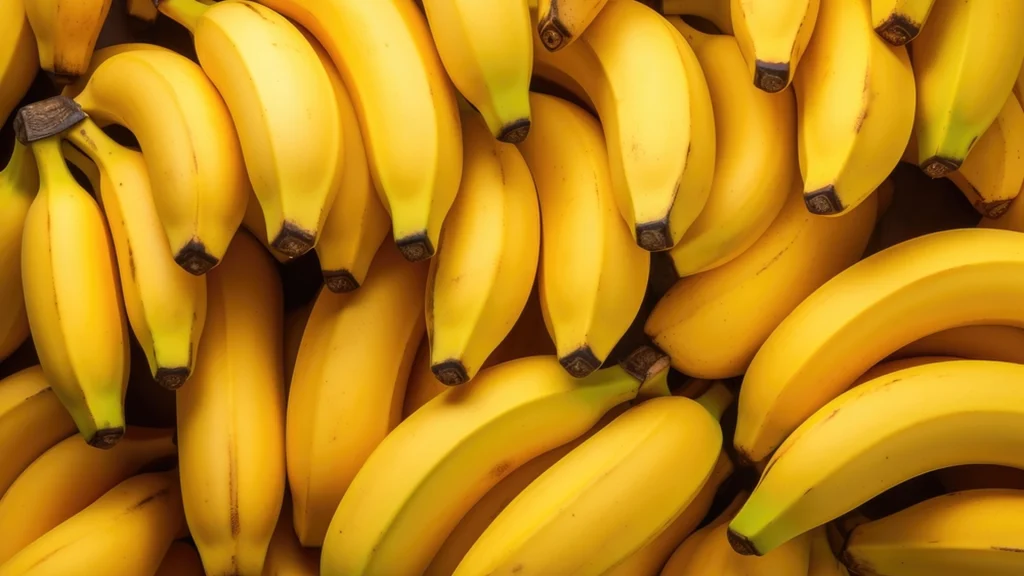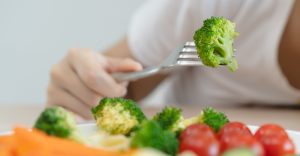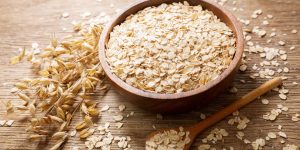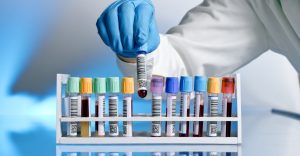These healthy fruits and veggies can be surprisingly harmful under certain conditions.
Others are reading now
While fruits and vegetables are some of the healthiest foods you can eat, certain varieties can pose risks under specific conditions.
We all know the general advice: eat plenty of fruits and vegetables daily for their essential vitamins, minerals, and fiber.
But some of these nutritious foods can also make you sick if consumed improperly or if you have underlying health conditions, as reported by the Daily Mail.
Here are five fruits and vegetables that may have unexpected negative effects on the body.
Also read
Avocados
Avocados are a favorite both on social media and in the kitchen, but they can trigger allergic reactions in individuals sensitive to latex.
This is because the proteins found in avocados are similar to those in natural rubber latex. People with latex allergies may experience symptoms such as an itchy mouth, nasal congestion, burning eyes, and in severe cases, anaphylaxis — a potentially life-threatening reaction.
If you have a latex allergy, it’s best to avoid avocados.
Cherries
Cherries are a delicious summer treat, but caution is needed—not because of the fruit itself, but because of the pits.
Cherry pits contain amygdalin, a compound that can release cyanide when ingested. While accidentally swallowing a pit is unlikely to be harmful, chewing or crushing them can be dangerous, leading to symptoms such as fever, low blood pressure, and in extreme cases, fatal poisoning.
This is especially important to keep in mind when giving cherries to children.
Bananas
Bananas are often hailed as a superfruit, helping regulate blood pressure, curb hunger, and provide a potassium boost. However, their high potassium content can be problematic for people with kidney issues.
Individuals with kidney disease or kidney failure may struggle to process excess potassium, leading to a condition called hyperkalemia. This can cause nausea, a slow heart rate, and irregular heart rhythms.
Older adults are particularly susceptible, so those with kidney problems should limit their banana intake.
Beets
Beets are packed with nutrients, but they can be a concern for people prone to kidney stones.
This is due to their high oxalic acid content, which can interfere with calcium absorption. Normally, the body breaks down oxalic acid in the intestines or kidneys, but in some cases, it accumulates and forms kidney stones—an extremely painful condition.
If you’ve had kidney stones before, it’s best to limit your beet consumption.
Brussels Sprouts
Brussels sprouts are a nutritional powerhouse, but they can interfere with certain medications—especially blood thinners.
These mini cabbages are rich in vitamin K, which plays a key role in blood clotting. However, for those taking anticoagulants like warfarin, consuming too much vitamin K can counteract the drug’s effects, increasing the risk of clotting.
Spinach has a similar effect, so if you’re on blood-thinning medication, you now have a valid reason to skip the “green side dishes.”








